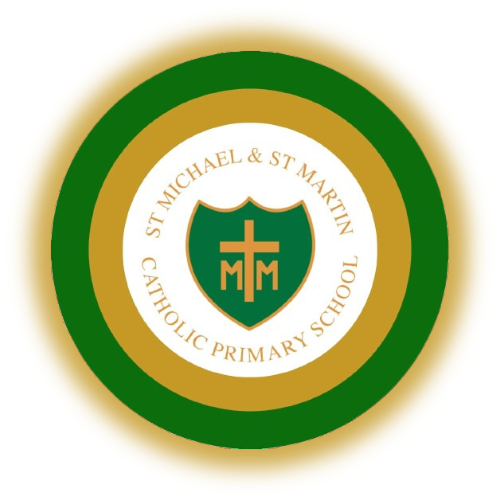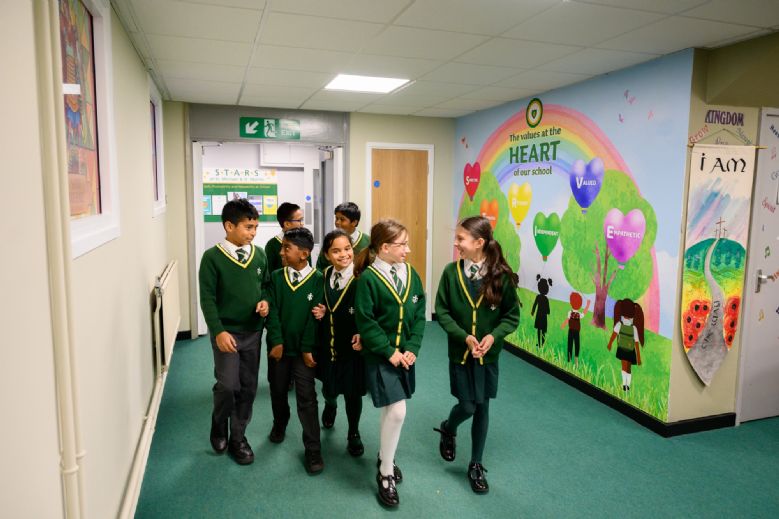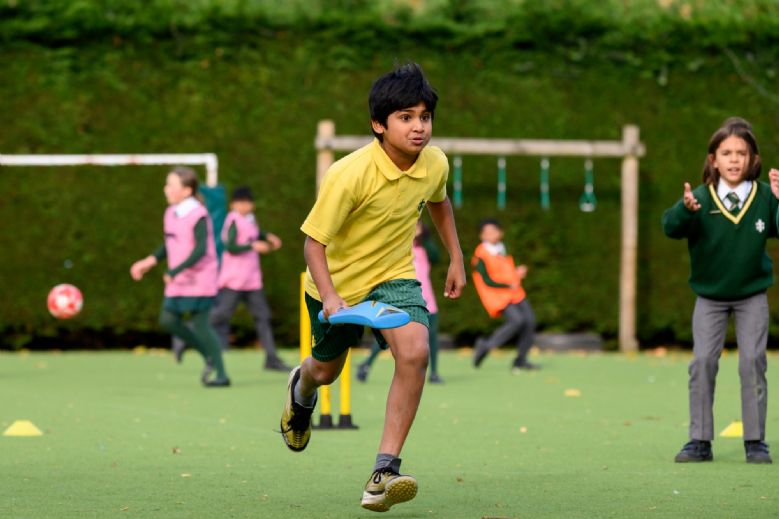Year 6
Welcome to Year 6’s Class Page!
Miss Logue (6L), Mrs Straczek (6S),
Mrs Dudzinski and Mrs Milinska
Spring Term 2026
Year 6 have continued to work incredibly hard and have made a good start to our second term; they have shown a drive to succeed and a mature attitude towards their work. Year 6 are aware of the importance and challenges of this year and have discussed strategies we can adopt to help us reach our full potential. We know a resilient attitude towards challenges and a growth mind-set will help us grow academically.
Religious Education
Our topics this Spring term are ‘Branch 3: Galilee to Jerusalem’ and ‘Branch 4: Desert to Garden’. Branches 3 and 4 are the heart of the RED, teaching the life of Jesus, the Christ, the incarnation of God.
In Branch 3, Galilee to Jerusalem, pupils explore Jesus’ ministry and message. They study Jesus as the Messiah, looking at His signs and miracles that show He is both fully human and fully God. Pupils focus on the Gospel of John, particularly the seven signs and their spiritual meaning. They deepen their understanding of the Sacraments of Reconciliation and the Anointing of the Sick, as well as the roles of deacon, priest and bishop. The branch also explores the New Law through the Beatitudes and the Our Father, encouraging pupils to live lives of love, kindness and service. Key events studied include the visit of the Magi, the Feeding of the Five Thousand and the transformation of Zacchaeus, with links to service and caring for the vulnerable, inspired by figures such as St Francis of Assisi.
In Branch 4, Desert to Garden, we will explore the spiritual journey from Lent to Easter. Pupils learn about Lent as a time of prayer, fasting and almsgiving, leading into Holy Week and Jesus’ death on Good Friday. They study the Paschal Triduum, from Maundy Thursday to Easter Sunday, focusing on the Last Supper, the Crucifixion and the Resurrection. Pupils reflect on forgiveness and reconciliation through parables such as the Prodigal Son and the Sacrament of Reconciliation. The branch highlights themes of new life and resurrection, using symbols such as light, white vestments and the garden to show the joy of Easter. Links are made to Catholic Social Teaching, particularly Participation, encouraging pupils to consider how their actions can support and strengthen their community.
This year, Year A, the Church focusses on the Gospel of Matthew, and our learning follows this Gospel. Matthew presents Jesus as the promised Messiah and teacher, placing strong emphasis on Jesus’ teachings, parables and fulfilment of the Old Testament.
The children will also be taking part in Prayer and Liturgy. They will continue to deepen their understanding of Catholic Social Teaching and will aim to make links to it through each lesson or activity that they participate in. Through assemblies, they will continue to educate their peers, lead projects and make an impact in our local and wider community.
English
In Year 6, our English curriculum is designed to inspire a love of reading, refine writing skills, and develop grammatical understanding. This term, we will explore a rich variety of texts, including fiction, non-fiction, and poetry, which will challenge and captivate our pupils while supporting their progress in key literacy skills.
Reading
Through guided reading sessions and whole-class discussions, we will focus on:
-
Developing inference and deduction skills to deepen comprehension.
-
Expanding vocabulary by exploring the language choices made by authors.
-
Identifying and analysing themes, characters, and plot structures.
-
Practising retrieval and summarisation skills to demonstrate understanding.
Writing
Pupils will hone their writing craft by:
-
Creating vivid, descriptive narratives using rich vocabulary and a variety of sentence structures.
-
Writing persuasive and informative texts that are well-structured and purposeful.
-
Crafting poetry that demonstrates creativity and attention to figurative language.
-
Editing and improving their work to develop fluency and accuracy.
Spelling, Punctuation and Grammar (SPaG)
We will continue to strengthen core grammatical knowledge and technical accuracy by:
-
Consolidating punctuation rules, including the use of semicolons, colons, and dashes.
-
Revising spelling patterns and rules, as well as commonly misspelt words.
-
Recognising and using advanced grammatical structures, such as the subjunctive mood and passive voice.
-
Applying grammatical skills effectively in both spoken and written language.
These skills will prepare our pupils not only for their SATs but also for their journey into secondary school and beyond.
Maths
We will continue to revise the key skills of mathematics this term, including: place value, addition, subtraction, multiplication and division as well as fractions, decimals and percentages. We are continuing to prepare for our SATs with arithmetic fluency and reasoning practice in our lessons. We continue to encourage children to be proficient in their number facts ( timetables, bridging and number bonds) as this is something that is vital for every aspect of mathematics. We ask that you encourage your children to use Times Tables Rockstars, SATs Companion and LbQ to support their learning.
Expectations
We encourage all children to demonstrate a high standard of behaviour at all times in order to create a safe, respectful and happy learning environment. Each class has participated in the process of making a set of ‘Golden Rules’. The children have agreed to follow the rules as they understand that this will help their learning. Respecting each other and all members of staff is expected and reflects the ethos of our school. The children are required to listen carefully and develop their self-control and concentration in class and in the playground. Working together with parents and guardians plays a big part in establishing good relationships and standards of behaviour. The children are aware of the school system for house points, which will reward positive behaviour – they can use the online 'shop' to buy items in trade for House Points!
Homework
We are encouraging children to take an active role in their own learning as they will soon be coming to the end of their time at primary school. We will be giving out a larger volume of homework both weekly and during the holidays. We expect the children to take responsibility for their own learning and to organise their workload accordingly. Failure to submit homework on time will result in sanctions.
Online Learning Platforms
Please encourage your child to regularly check their Google Classroom, LbQ and Rollama accounts for tasks set – this is a useful tool to support their learning at home and prepare them for their assessments. As teachers, we will be able to monitor your child's progress and use this as a teaching tool to enable them to meet their individual targets.
Please be aware that, as a school, we are aiming to be more eco-friendly. More work will be set on Google Classroom. Children should be checking Google Classroom each day for homework or general announcements. Please see our ‘Curriculum Talk’ and ‘Curriculum Map’ for further information.
We ask that you continue to support your child with daily reading at home and a little and often approach to revision to ensure that the concepts taught are fully embedded.
Thank you for your continued support, and we look forward to working with you in 2026!


